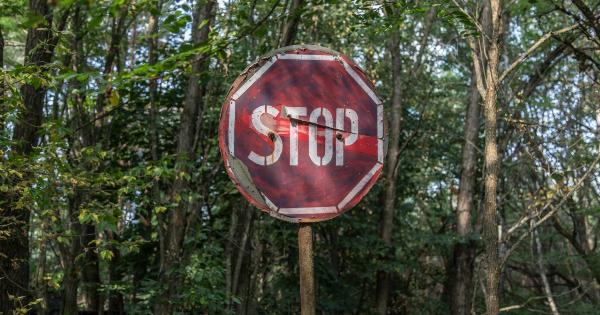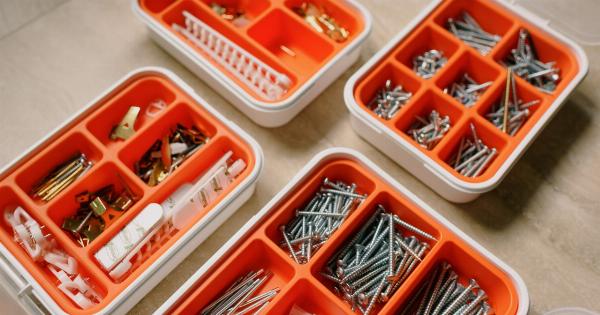Summer is a time for outdoor activities, picnics, and enjoying the warm weather. However, for many people, summer also means dealing with seasonal allergies.
The blooming flowers, grass, and pollen can trigger a range of uncomfortable symptoms such as sneezing, itchy eyes, and a runny nose. Fortunately, there are ways to prevent and manage these allergies, so you can fully enjoy the summer season. In this article, we will discuss some tips for staying symptom-free during the summer.
1. Stay Indoors During Peak Pollen Times
Pollen counts are usually highest in the early morning and late afternoon. If possible, try to stay indoors during these times to minimize your exposure to allergens. Keep windows closed and use air conditioning to create a pollen-free environment.
2. Keep Your Home Clean
Allergens can easily find their way into your home, so it’s important to keep your living space clean. Vacuum regularly using a vacuum cleaner with a HEPA filter to trap pollen and dust mites.
Dust surfaces, wash bedding frequently, and avoid hanging clothes outside to dry as they can collect pollen.
3. Use Allergy-Friendly Bedding
Invest in hypoallergenic pillows, mattresses, and bedding to create a barrier against allergens. Encase your pillows and mattresses in dust mite-proof covers to prevent them from accumulating dust and pollen.
Wash bedding in hot water regularly to kill dust mites and remove allergens.
4. Wear Sunglasses and Hats
When spending time outdoors, protect yourself from allergens by wearing sunglasses and hats. Sunglasses can help shield your eyes from pollen, and hats can prevent pollen from landing on your hair and face, reducing symptoms.
5. Rinse Off Pollen
After spending time outside, make sure to rinse off pollen from your body and hair. Pollen can stick to your skin and hair and continue to trigger allergic reactions. Taking a quick shower and washing your hair can help remove pollen and reduce symptoms.
6. Avoid Lawn Mowing
Lawn mowing can stir up a significant amount of pollen and allergens. If possible, delegate the task to someone who is not allergic or consider hiring a professional service.
If you have to mow the lawn yourself, wear a mask to reduce your exposure to allergens.
7. Monitor Pollen Counts
Keep track of local pollen counts to be aware of days when allergens are particularly high. There are various websites and smartphone apps available that provide real-time pollen count information for different areas.
Plan your outdoor activities accordingly to minimize your exposure.
8. Consider Allergy Medications
If your allergies are severe or significantly impacting your daily life, it might be worth considering over-the-counter or prescription allergy medications.
Antihistamines, nasal sprays, and eye drops can provide relief from symptoms by reducing your body’s allergic response. Consult with a healthcare professional to determine the best treatment option for you.
9. Keep Windows Closed in the Car
When traveling in a car, keep the windows closed to prevent pollen from entering. Use air conditioning in the vehicle and make sure the air filters are clean and functioning properly. Consider using a car air purifier to further reduce allergens.
10. Create a Pollen-Free Zone
If allergies are particularly bothersome, consider creating a designated pollen-free zone in your home. This can be a room where you can retreat to and avoid allergens. Use air purifiers and keep windows closed to maintain clean air in this space.






























